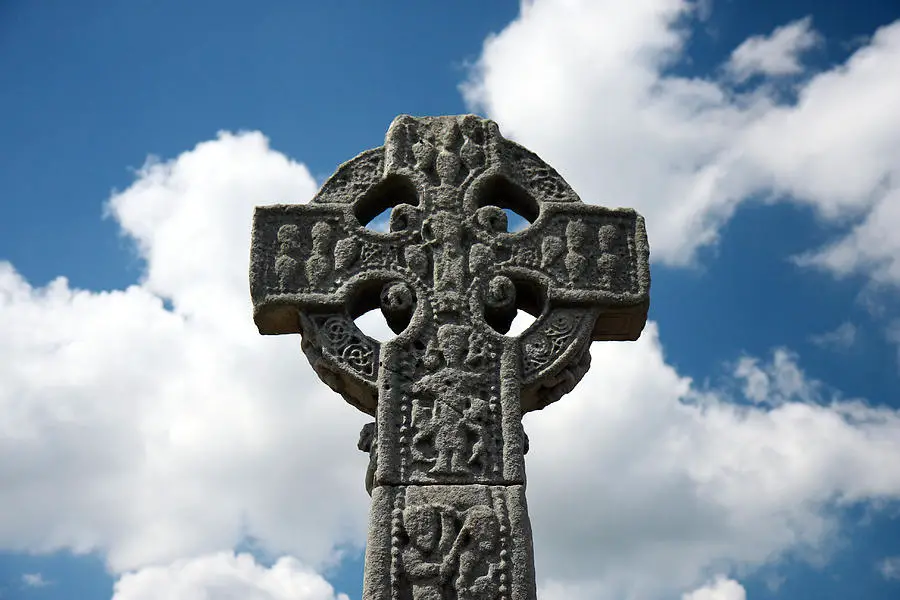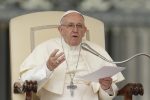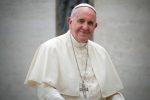It felt as though the world was on the edge of its seat on the night of May 25, waiting to learn the results of Ireland’s historic abortion referendum. The country of nearly five million had just voted on whether or not to appeal the eighth amendment to their Constitution, a law that gave mothers and their unborn children the same right to life.
This effectively banned abortion unless a woman’s life was at risk from the pregnancy, a policy aligned with Catholic teachings, though the country’s constitution states that Ireland does not endorse any particular religion.
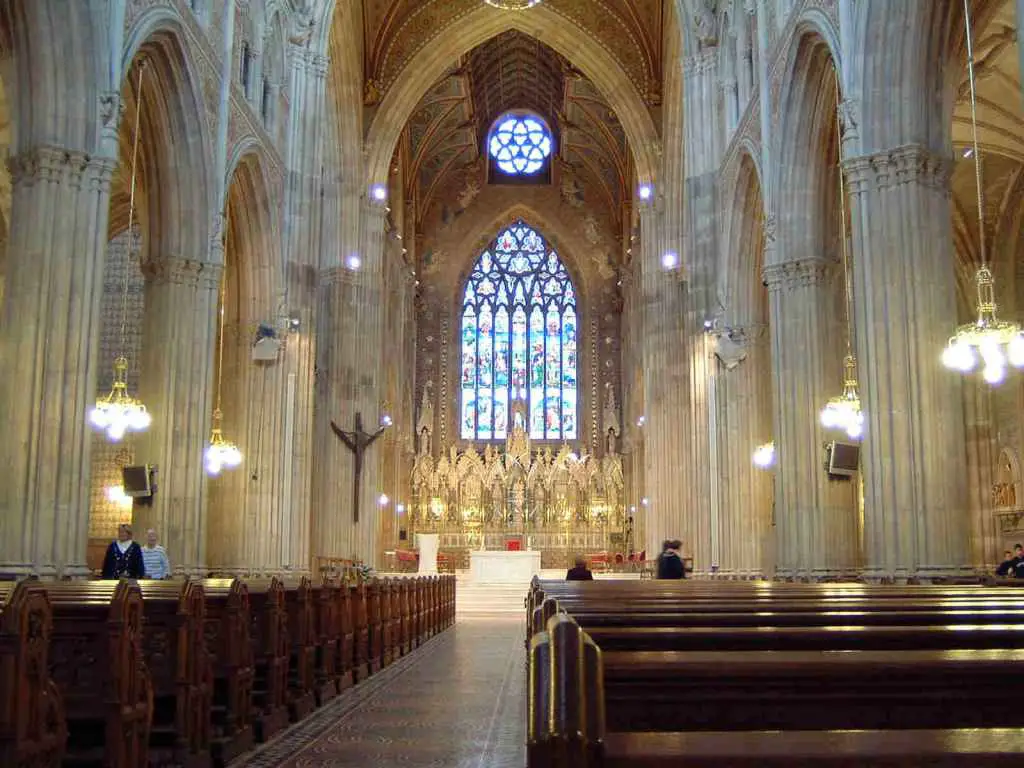
For a country that is known for its fidelity to the Catholic faith, the referendum represented a cultural precipice that could have massive ramifications across the world.
Of course, this was not the first time in recent history that the country has signaled a deviation from its traditional values. It wasn’t until 1995 that a similar referendum ended the nationwide ban on divorce by a margin of one percent, and in 2015 the public voted once again with the overwhelming support of same-sex marriage.

However, the stakes of this particular referendum on abortion seemed to stand out from those of the past, emphasized by the brutal media attacks from each side of the issue towards the other. It was a ruthless war between the progressive attitudes of a modernizing world and the deeply-rooted religious beliefs that date back centuries.
Even as it attempts to modernize in small steps, the Catholic church has maintained its firm condemnation of abortion and considering that nearly 80 percent of Irish citizens identify as Catholic, the vote seemed as though it would be a close call at best. So when voters chose to support repealing the eighth amendment by a margin of forty percent, the world was shocked.
There are several ways to interpret such a historic event. It could be perceived as a victory for progressive values, for women’s rights or both. But one of the more resounding impacts of the vote is on the Catholic church itself. As one of the most powerful and influential institutions in the world, with approximately 1.2 billion members worldwide, the survival of the church depends on its ability to maintain the loyalty of its followers towards its doctrine.
If one of the most overwhelmingly Catholic countries in the world defies a core part of the doctrine in such a public way, then what’s stopping the rest of the world from following their example by rejecting the faith altogether?
One major factor that has allowed for the Catholic church to maintain followers has been the modernization of the church itself in recent years. Pope Francis is rather progressive compared to his predecessors, as seen through his encouragement of ideas that seem to challenge traditional church beliefs.
He has encouraged the church to be more accepting of homosexuals and divorced Catholics and even said that members should care as much about supporting migrants as they do about protecting the unborn.
Though he has not necessarily relaxed on doctrine, he has promoted a slightly more progressive interpretation of it that aims toward making the church more welcoming to those who have previously felt alienated and attracting the favor of younger people who are less attached to tradition and desire a church that works in the “real world.”

However, the church has struggled to keep followers, particularly in the younger crowd, because of the overall strictness of the church doctrine. While it has perhaps worked in Catholicism’s favor in the past by establishing a surviving and sacred tradition, it has now inhibited its ability to evolve with Western culture in the 21st century.
The LGBTQ+ community is gradually gaining more public support along with traditionally taboo subjects such as divorce, abortion and premarital sex. As the cultural conversation on these issues changes, however, the church’s attitude towards them stays the same.
Another explanation is that some may have simply become disillusioned with the institution of the church and not the faith itself. For years, the Catholic church has been embroiled in scandals involving sexual abuse of children by clergymen and subsequent cover-ups on the part of the church’s hierarchy.
A scathing 2002 article from “The Boston Globe,” initially intended to reveal the abuse as a local issue, ultimately exposed patterns of abuse across the United States and the rest of the world, leading to a global crisis that the church is still coming to terms with.
In late 2011, a study conducted by two college professors from Villanova University and St. Joseph’s University found that the sex abuse scandal was one of the primary reasons that former Catholics left the church in one particular parish.
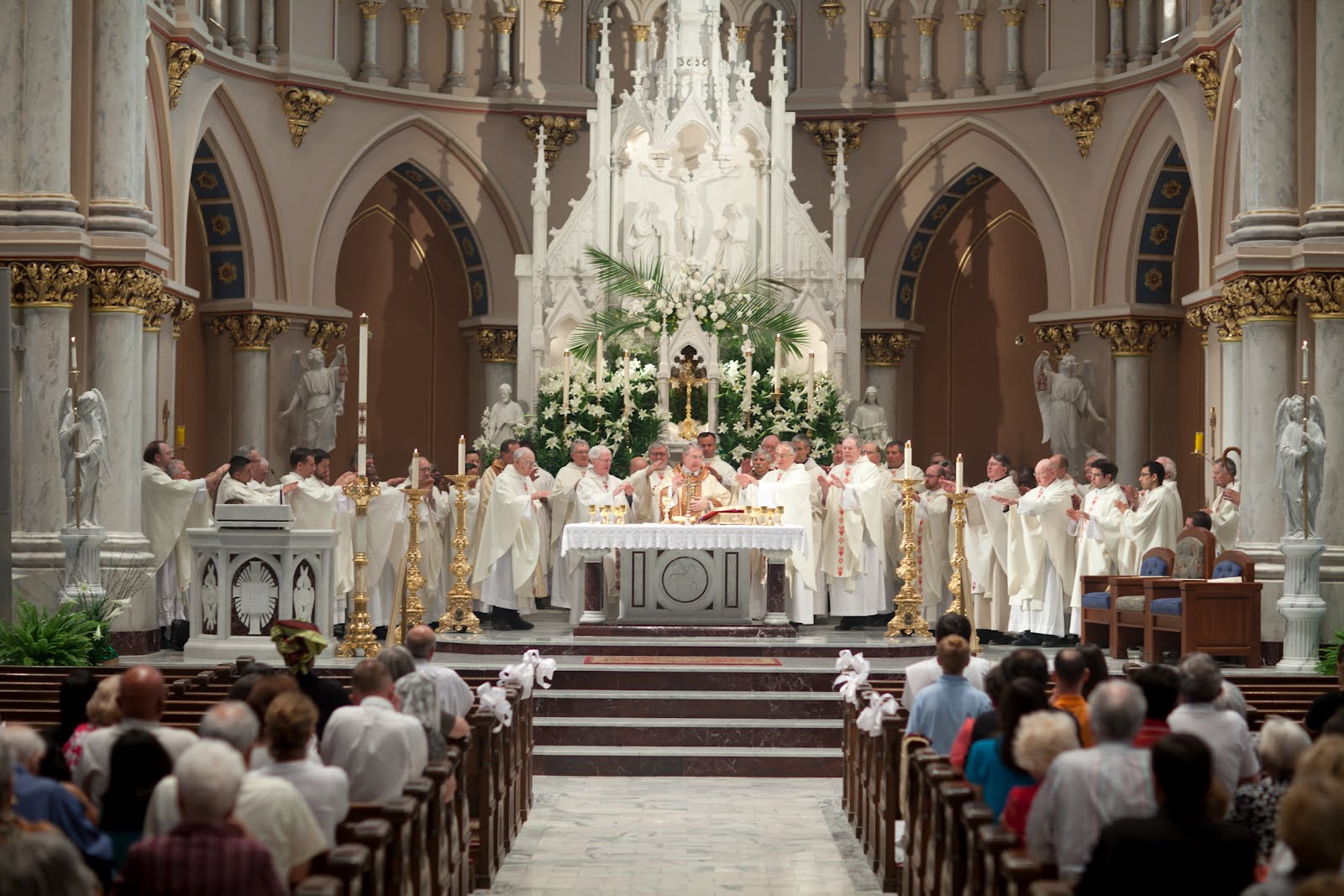
So, is the trend of waning influence ultimately for the better or for the worse? It depends on who you ask. Some might argue that the Catholic church has too much power as an institution, and therefore it’s a good thing that its global power is arguably lessening.
On the other hand, an argument can be made that the charity and overall goodwill of the church outweigh its general shortcomings and make the world a better place. What is indisputable is the fact that Catholicism is struggling to maintain a hold on its power.
Between 2007 and 2015, the U.S. Catholic population dropped by nearly 3 million. The Irish Roman Catholic population saw a 5.9 percent drop between 2011 and 2016. Even Latin America, a sweeping Catholic stronghold, has seen the number of followers drop over the past few decades.
It is now that the Catholic church finds itself at a crossroads. Does it attempt to modernize the doctrine that has arguably helped it stay so powerful for centuries, or does it maintain its conservative positions in the hopes that it will thrive by sticking to tradition and appeasing the most loyal of its members?
It’s a question that most likely will not be answered in the immediate future. In such a complicated institution as the Catholic church, tradition reigns supreme, and it will take years before any sort of loosening of the interpretation of its doctrine takes hold.
But what is certain is that as the global attitude shifts away from the conservative attitude of the church, members are having to re-evaluate their relationship with an institution that has put itself and its message at the center of their lives, a re-evaluation that has a visible form in the legislation of Ireland. Ultimately, Ireland’s referendums are only a sample of what is likely to come.


